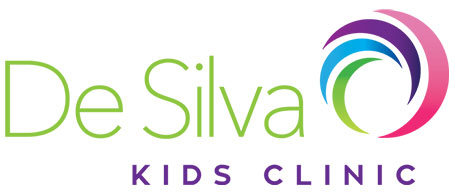
Is your child turning 3? They’re not a baby anymore! So what can you expect for their speech and language development over the next 12 months?
As a speech and language therapist, this is probably the most common question asked of me by parents at the clinic. I have developed a quick and easy to read checklist for the norms for a 3-year-old’s speech and language so you can have something to refer to. By having the criteria to work from, you can be in control of picking up any red flags for possible delays and target them as soon as possible. Because after all, the earlier the intervention the better.





